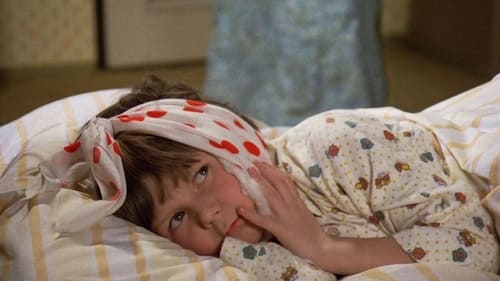
Choreographer
Three arias from Antonín Dvořák´s fairytale opera Rusalka turned in to a movie, sung by Gabriela Beňačková (Rusalka), Libuše Márová (Witch), René Tuček (Hunter).

Choreographer
Трогательная история о 8-летнем Вашике, который всю жизнь мечтал стать альпинистом, как и его папа, погибший в горах под лавиной еще до его рождения. Смышленый мальчишка всеми силами старается найти для своей хрупкой мамы-балерины нового мужа. Поиски не дают результатов, ведь «все порядочные мужчины уже давно женаты»… Поездка в горы на каникулы знакомит Вашика с начальником горной службы, с которым они быстро находят общий язык и удивительное взаимопонимание. Увидев однажды нового друга своего сына, мама Вашика внезапно меняется в лице.

Юноша Лабакан работает подмастерьем у портного. Он беден, но мечтает о богатстве и власти. И вот однажды, путем обмана, ему удается выдать себя за сына султана - принца Омара. Но ведь у лжи всегда «ноги коротки»...


Slovak movie is based on the novel by the prominent representative of Slovak prose František Hečka, who was in 1952 awarded the State Prize. The novel and the movie successfully capture the development of Slovak village after the liberation in 1945. The narrative is centred around the characters of the old Púplava, who after the liberation begins to organise a new village life, and his struggle for the construction of settlements Mrzáčky, burnt by the fascists. It is centred around the conflict, greatly reflecting the situation of the countryside at this time: the conflict between the rural poor and the rural rich. In the movie, a rich personal and emotional life of other heroes pulsate besides the main storyline. The movie ends with the final defeat of the reactionary forces by Communists in February 1948, taking over all power in the state of workers and peasants. - "The Wooden Village" is released in celebration of the 7th anniversary of the Communist February Victory.



